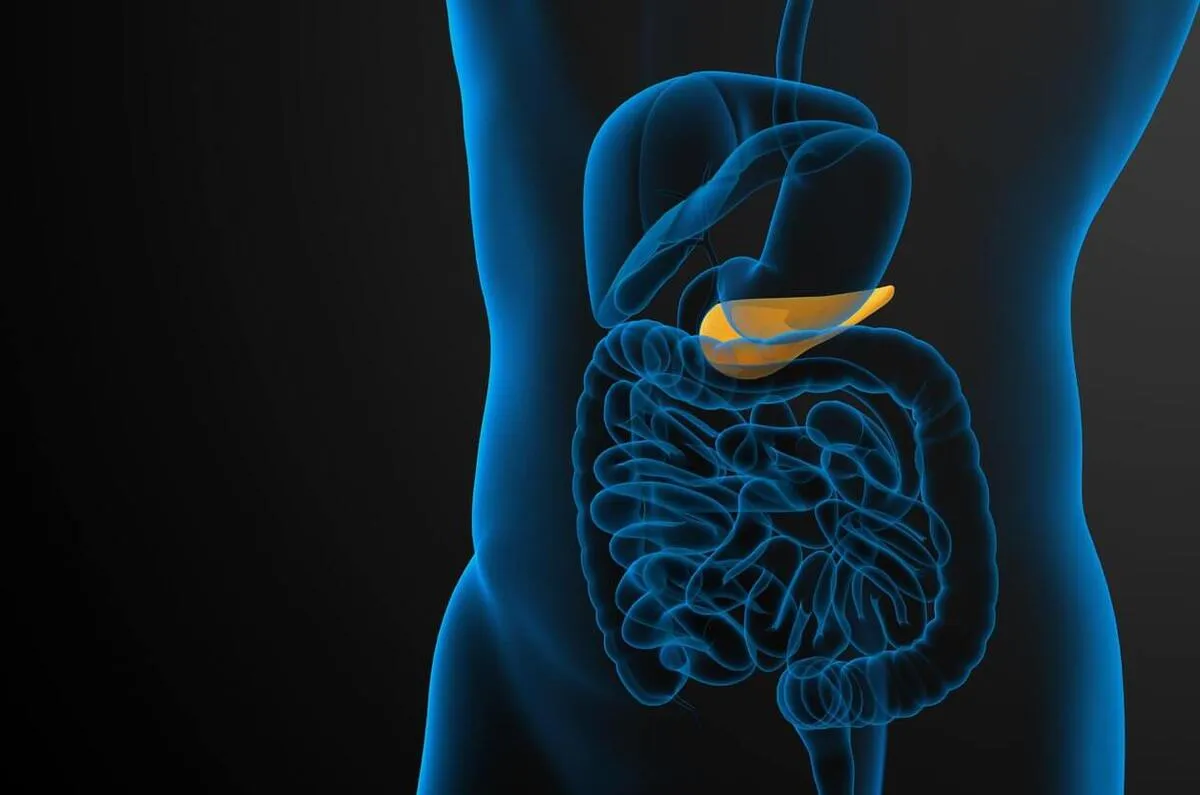Study on Reactivation of Beta-Like Cells in Pancreas Provides Hope for Diabetes Patients

The study, unveiled by the Baker Heart and Diabetes Institute, has been published in the journal Clinical Epigenetics.
For patients with type 1 diabetes, their pancreases produce little or no insulin due to beta cell damage and destruction. This results in glucose build up in the bloodstream instead of going into the cells, and their bodies are unable to use the glucose for energy.
This preclinical study examines the regenerative capacity of pancreatic cells by stimulating ductal stem cells with small molecule inhibitors as an alternative strategy to restore insulin production for people living with diabetes.
The drugs used in the study include a synthetically designed drug primarily used as a cancer therapeutic and a naturally derived drug that has been tested as a treatment for inflammatory conditions.
Lead author of the paper Safiya Naina Marikar, PhD student at Monash University based at the Baker Heart and Diabetes Institute, said the study suggests that the reprogrammed cells are capable of producing insulin and critical functionality such as insulin secretion in response to glucose stimulation.
While more studies are needed to address mechanism and the identity of cell targets to improve methods to reduce the burden of insulin-dependent diabetes, these findings provide an exciting new avenue for the regeneration of beta-cells as a possible alternative source to islet transplantation for people living with diabetes and close that therapeutic gap.
4155/v





















